Ava Duvernay On Earning An Oscar Nom For ’13th’, How Donald Trump Has Ignited Her
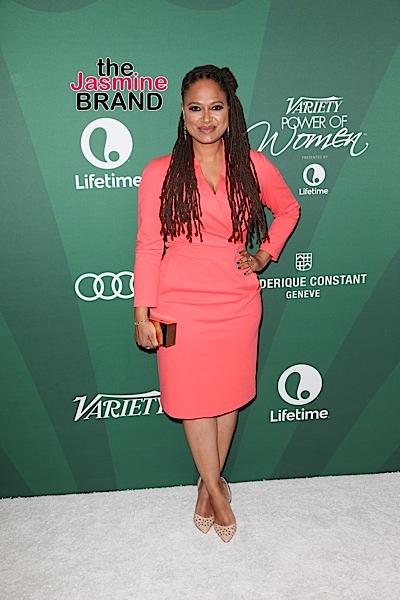
Ava DuVernay
Since failing to earn an Oscar nomination for the critically acclaimed film “Selma,” director Ava Duvernay’s voice has become outspoken in her fight for women and minorities in Hollywood. With her dossier full with the hit TV series Queen Sugar and the upcoming film “A Wrinkle In Time,” the 44-year-old Compton native is a force to be reckoned with. Recently, Duvernay spoke about scoring an Oscar nomination for her prison documentary ’13th’, hiring female directors, why the election of Donald Trump has lit a fire in her and more. Peep the excerpts below.
On receiving an Oscar nomination:
It’s a big deal. It’s not easy to get people to watch a prison doc. So much has been Netflix, which has been an incredible partner in promoting it and marketing it, but it’s really people telling other people about it through personal recommendation. It’s something that is perfect for Netflix, because I don’t think people would ever go to the theater for it—it’s too public, it’s too intimate, it’s too interior, it’s too [much about] grappling with our demons. To have someone see it and be affected by it and tell it to someone else is the most impactful way to hear about it.
And the tweets are fantastic from all around the world. This morning, I just retweeted someone who watched it on Netflix India. You know, [more than] 190 countries received it at the same time, so I get tweets from all over. It’s really been quite extraordinary—much different than any project that I’ve done in the way that people are consuming it.
In the past couple of years, the dearth of women behind the camera in Hollywood has gotten a lot of attention. But the number of women nominated in non-acting categories at the Oscars this year actually went down. Why do you think that is?
On the lack of recognition for women working behind the scenes:
It doesn’t surprise me that the numbers have gone down, because there’s been no systemic change. Until there’s actual change, it’s all Band-Aids. No healing can happen when something has been put over it just to get us from one year to the next. I look at the systemic changes that the Academy is trying to put in place and can applaud that. It has tried to create a new makeup of the body [of the Academy’s membership], new rules, new development of voices, all of that is happening, but it’s only been a couple of years. However, the industry has not changed.
The industry has put no system in play [to support women], and until that happens you’ll have the same dire numbers of women directing, the same lack of opportunity for women behind the camera in all of the departments, the same thing that happens to women who do direct and who are then forced to have crews of mostly men. Or what happens to people of color who get the chance to direct who are forced to have the most convenient crews, which are crews that are not of color. So it’s a systemic thing that until the industry addresses it, nothing will change, except more conversation and more New York Times pieces.
On hiring all female directors for Queen Sugar:
They were all female directors and they will continue to be next season. But I’m only one artist. There have been a couple of other artists who have pledged to do the same thing, but that’s not the same as HBO saying it’s unacceptable that Game of Thrones is going into a seventh season and [has only had one] woman direct episodes. I’m saying HBO and Game of Thrones [as an example], but I can say the same at CBS, NBC; these shows don’t have inclusive voices around not just with their directors, but the folks doing the high-level decision making about what the stories are. And that’s not an embarrassment?
It’s not enough to have roses be thrown at my feet, or Ryan Murphy’s feet, or the woman who’s doing Jessica Jones, Melissa Rosenberg, because we decided to have more women directors—that’s not enough. It’s throwing daggers at the people who don’t do it. It’s saying “This is not acceptable” for people who aren’t doing it. Don’t applaud me for doing what should’ve been done. Look seriously at the people who are not doing it, who are ignoring it, who are staying quiet and continuing to perpetuate a status quo that keeps this whole industry upside down. That’s what I would like to see.
On the relevancy of “13th” and how she feels about Donald Trump and his administration:
I’m not afraid; I feel ignited. I feel adrenaline that doesn’t come from fear—it comes from a fight in me. I feel brave. I feel like I’m on the front lines of a great fight, and I feel like I’m ready to do it. We’re stepping into horrible places that this country will be taken into, and it’s about more of us being prepared to stand on those front lines and fight back. Fortunately, I feel prepared to do it, and my goal is to make more people prepared through the work that I can do. At least 13th can play a part in that, so people have a real understanding and a real vocabulary around where we are going, where we are now, and where we have been. I am not afraid of what’s to come; I’m ready to fight so that it can become what we want it to be.
On scoring a BAFTA nomination:
The BAFTA nomination was a surprise, and an unexpected one, and a pleasant one. I think it speaks to the ways in which American culture—not just entertainment culture, but lifestyle and politics—affects the rest of the world. We’re looking at a documentary that’s not just about prisons, it’s about criminalization and the myths that have been perpetuated about black people—that goes beyond the borders of America. I think it’s really interesting that you have a body of esteemed people in Britain that saw something in it that was worth amplifying. But certainly, the American way of life, in so many aspects, really bleeds across our borders and is of great interest to people in other places, for better or for worse.
On receiving support from political figures in the film:
It was important to sit down with people with ideas across the spectrum of the issue. I know what I think, most people know what I think, because I’m always talking about it, so it was important to cover all four sides of this issue and give it the full 360. From formerly incarcerated people talking about their experiences; to politicians; to prison abolitionists like Angela Davis, who has been working in this space since the ’60s; to Newt Gingrich, who is a part of the very fabric that we drape ourselves now in terms of mass incarceration and his regrets; to someone like Grover Norquist, who has no regrets about it and thinks it should be pushed further. That tapestry of voices was important for me because I’m trying to paint a full picture so that people at the end of the film can make their own choices about what they know and what they believe. It’s one thing to be told something and hear it; it’s another thing to know it, to let it become a part of you, and to let it become a part of your belief system.
On how long the process of conducting the interviews and making the film took:
Two years. I got the call from Netflix to make a documentary about whatever I wanted about a week after the Oscars for Selma. Lisa Nishimura, the brilliant woman who heads documentaries over there, reached out and said, “We’re really interested in your voice and we know that you’re going to be getting offers for all kinds of things because of Selma, but we want you to know that we also want to make the offer of supporting you if you go back into doc filmmaking.” My first two films were docs, and I made a third doc for ESPN later, so she knew I had a passion for [it]. As soon as that opportunity opened up, I was like, Okay! I took a break from filmmaking for two years after Selma to do the documentary and my TV series.
On how she decided to focus on the prison system:
This is a topic that I’ve been passionate about and always have been. My second feature film is about a woman grappling with her husband’s incarceration and how that affects the family and not just the incarcerated individual, so it’s something I’ve had on my mind a lot and in my heart. I grew up in Compton, California, a place with a lot of police aggression. I studied African-American studies in UCLA. This topic has been integrated into so much of my filmmaking work; both in Middle of Nowhere and Queen Sugar there are storylines about incarceration. So yeah, when they said make a doc about what you wanted, this is what I wanted to share.


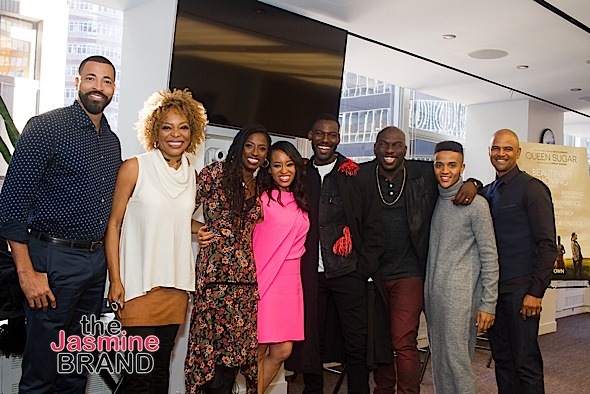
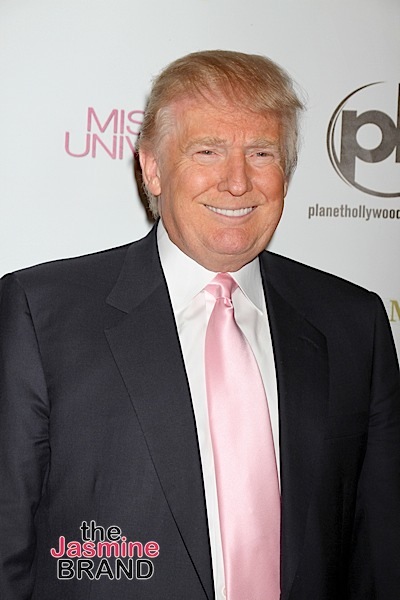

 Previous Article
Previous Article Next Article
Next Article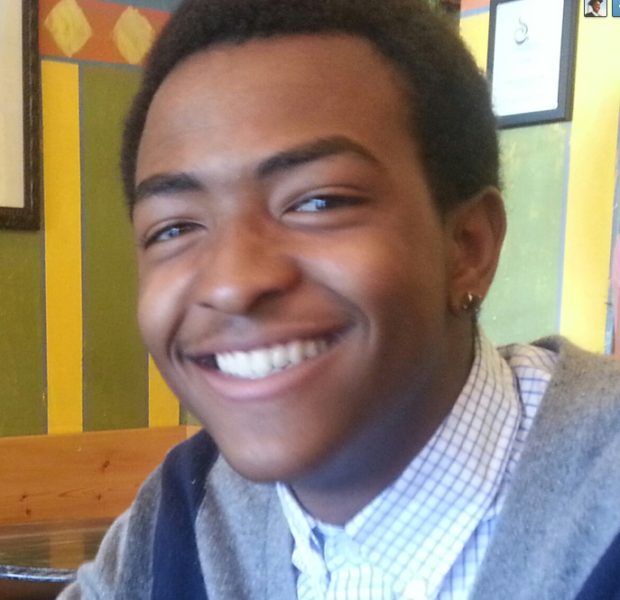 From ‘Homeless to Howard’, Anything is Possible! Meet 19-Year-Old James Ward
From ‘Homeless to Howard’, Anything is Possible! Meet 19-Year-Old James Ward ![Chance The Rapper Giving $1 Million to Chicago Public Schools [VIDEO]](https://thejasminebrand.com/wp-content/uploads/2017/03/Screen-Shot-2017-03-06-at-8.15.22-PM.png) Chance The Rapper Giving $1 Million to Chicago Public Schools [VIDEO]
Chance The Rapper Giving $1 Million to Chicago Public Schools [VIDEO] 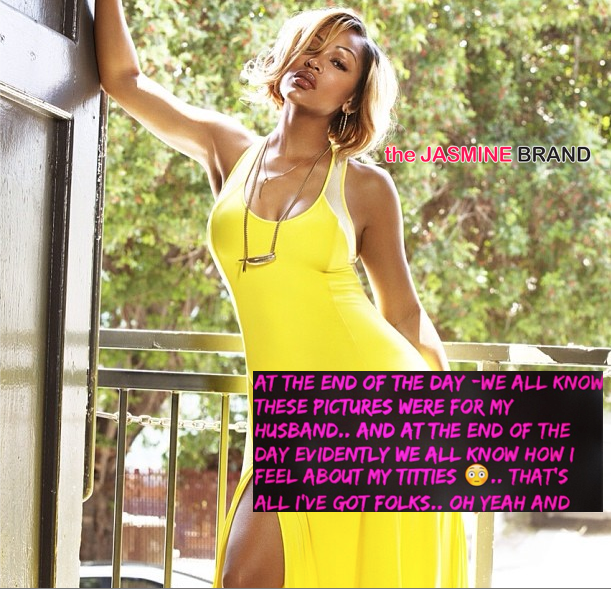 Meagan Good Shocked, Saddened Nude Photos Leaked: Those were for my husband!
Meagan Good Shocked, Saddened Nude Photos Leaked: Those were for my husband! ![[VIDEO] Pebbles’ Daughter, Ashley Reid, Speaks Out, Threatens Chilli, ‘I will beat her face into the concrete!’](https://thejasminebrand.com/wp-content/uploads/2013/11/Screen-Shot-2013-11-04-at-6.41.57-AM-620x600.png) [VIDEO] Pebbles’ Daughter, Ashley Reid, Speaks Out, Threatens Chilli, ‘I will beat her face into the concrete!’
[VIDEO] Pebbles’ Daughter, Ashley Reid, Speaks Out, Threatens Chilli, ‘I will beat her face into the concrete!’ 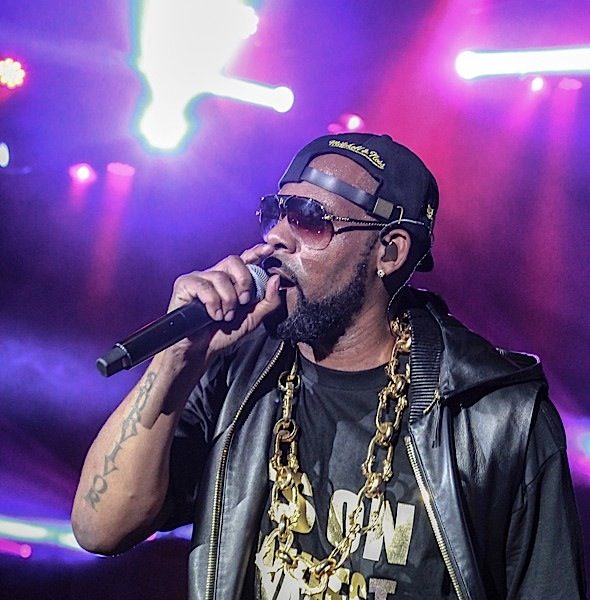 R.Kelly Urinated On 14-Year-Old’s Face In New Sex Tape, Says Victim’s Lawyer
R.Kelly Urinated On 14-Year-Old’s Face In New Sex Tape, Says Victim’s Lawyer 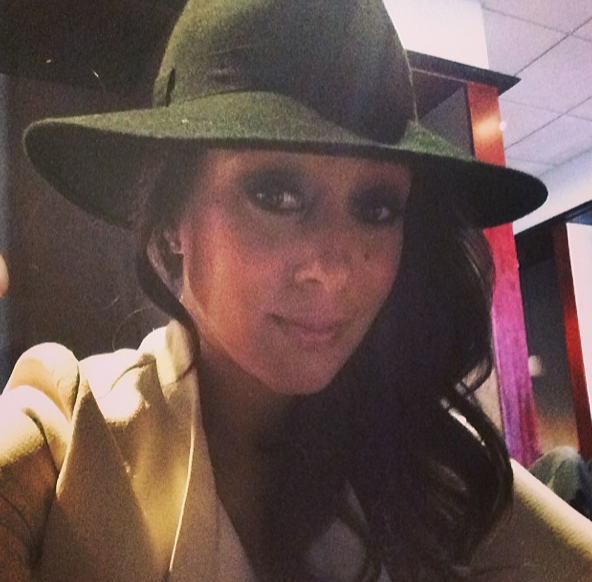 Tamera Mowry Rips Into Critic Who Accuses Her Of Showing Favoritism To Her Daughter
Tamera Mowry Rips Into Critic Who Accuses Her Of Showing Favoritism To Her Daughter 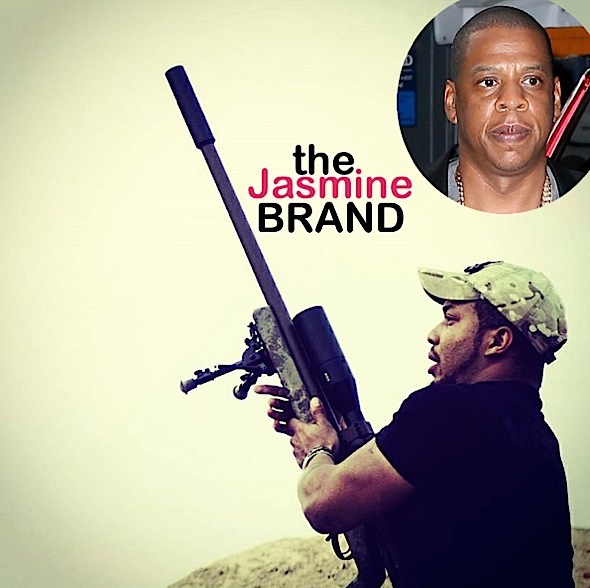 Jay Z Will Produce Series About 1st African American Special Ops Sniper
Jay Z Will Produce Series About 1st African American Special Ops Sniper ![[New Music] Alicia Keys Says ‘Brand New Me’ Is Her Autobiography + Listen!](https://thejasminebrand.com/wp-content/uploads/2012/11/alicia-keys-brand-new-me-the-jasmine-brand.jpg) [New Music] Alicia Keys Says ‘Brand New Me’ Is Her Autobiography + Listen!
[New Music] Alicia Keys Says ‘Brand New Me’ Is Her Autobiography + Listen!